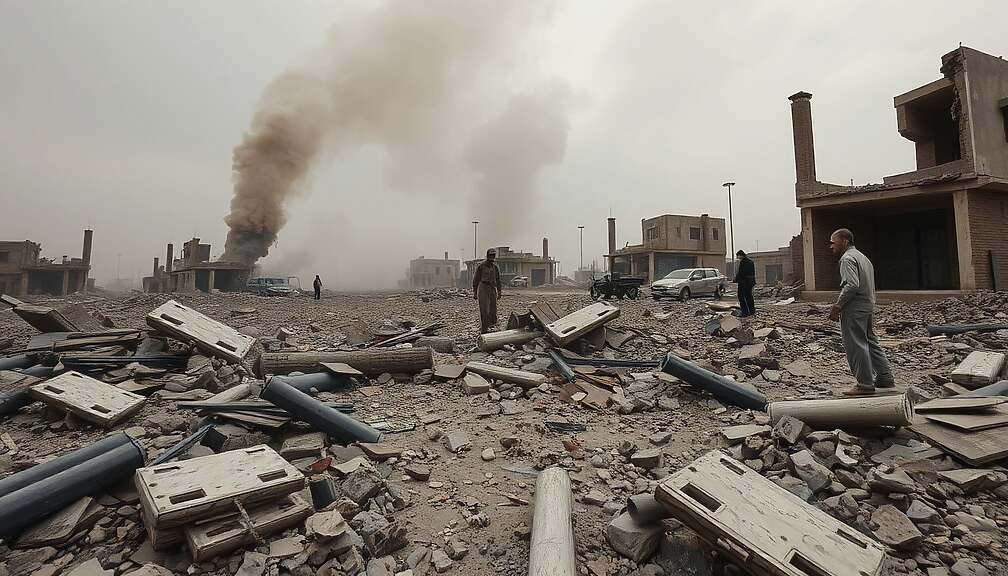The World Health Organization (WHO) has condemned a devastating attack on a Saudi-funded maternity clinic in al-Fasher, Sudan, resulting in the deaths of over 460 individuals and the abduction of healthcare personnel. WHO Director-General Tedros Adhanom Ghebreyesus expressed profound shock and outrage at the incident, emphasizing the immediate need to halt all attacks targeting healthcare facilities and personnel.
The assault occurred in the wake of Monday’s takeover of al-Fasher, a key city in the Darfur region, by the paramilitary Rapid Support Forces (RSF). Escalating violence has triggered a mass displacement crisis, with an estimated 260,000 people fleeing their homes in recent days, many seeking refuge in nearby villages or remaining vulnerable without aid. International agencies are characterizing the situation in Sudan as the world’s largest humanitarian crisis.
The attack on the maternity clinic underscores the systematic targeting of civilian infrastructure and medical professionals, a pattern the WHO has documented since the conflict began in April 2023. To date, the organization has recorded 185 attacks on healthcare in Sudan, claiming the lives of 1,204 people and injuring 416. A grim toll of 966 deaths has been recorded in assaults this year alone.
German aid organization, Welthungerhilfe, is urgently calling for increased international support. “Our teams report a dramatic increase in displacement” stated Secretary-General Mathias Mogge. “Families are arriving in Tawila utterly exhausted, traumatized and completely destitute. The humanitarian situation is catastrophic”. Mogge further emphasized the necessity of significantly scaling up financial assistance for the Sudanese people.
The influx of refugees into Tawila has overwhelmed the town’s already fragile infrastructure. Essential services, including water, food and sanitation, have collapsed, leaving vulnerable populations at severe risk. Welthungerhilfe specifically highlighted the heightened dangers faced by women and girls and warned of the potential for rapid disease outbreaks, citing cholera as a particular concern.
The ongoing violence and destruction of healthcare facilities raise serious questions about the commitment of warring factions to international humanitarian law and the protection of civilian lives. Analysts suggest the targeting of clinics may be a tactic to destabilize the region further and disrupt essential services, exacerbating the suffering of an already desperate population. More robust international pressure and targeted sanctions are being advocated to compel a cessation of hostilities and ensure the safe provision of aid to those in need.












